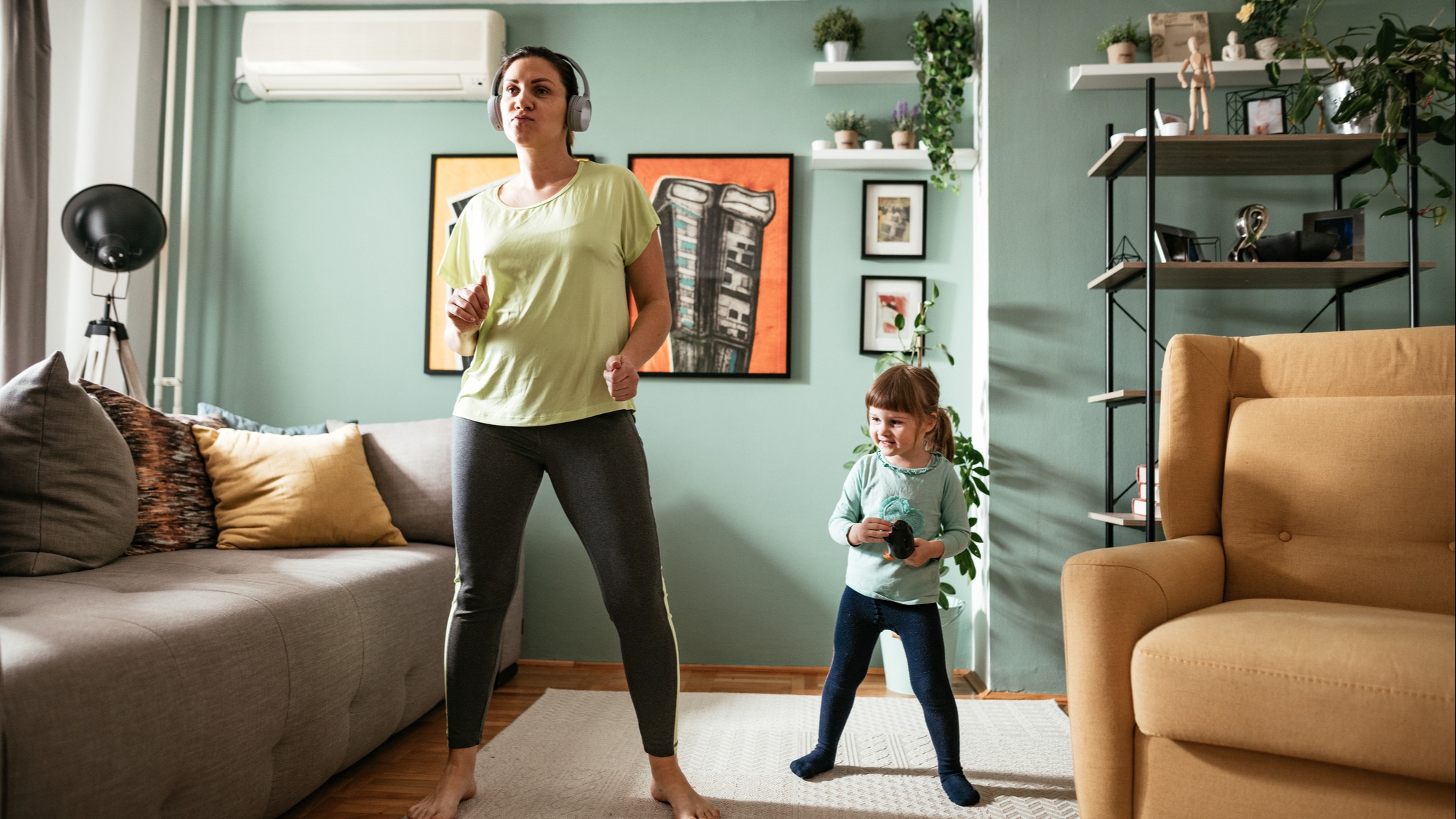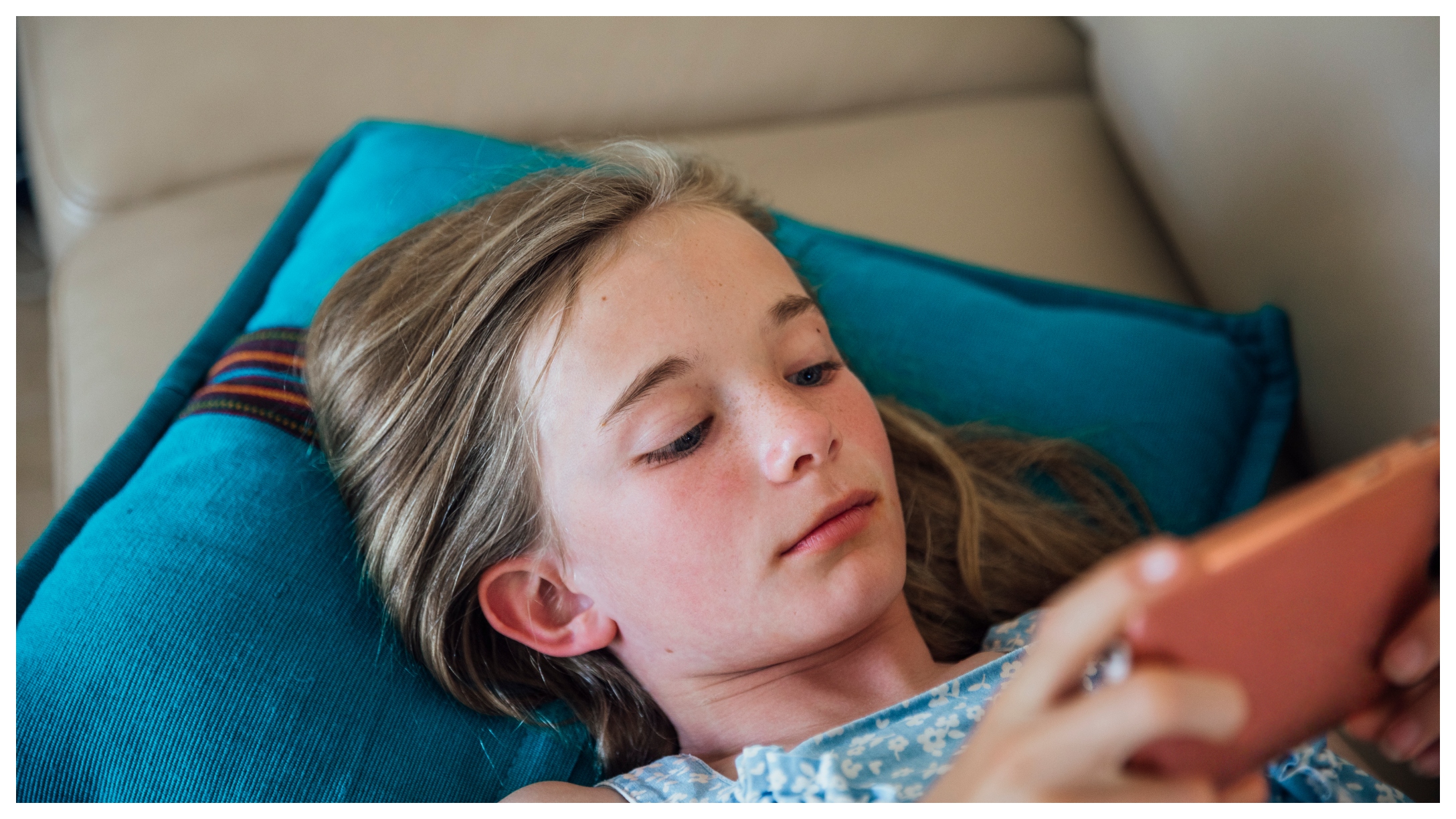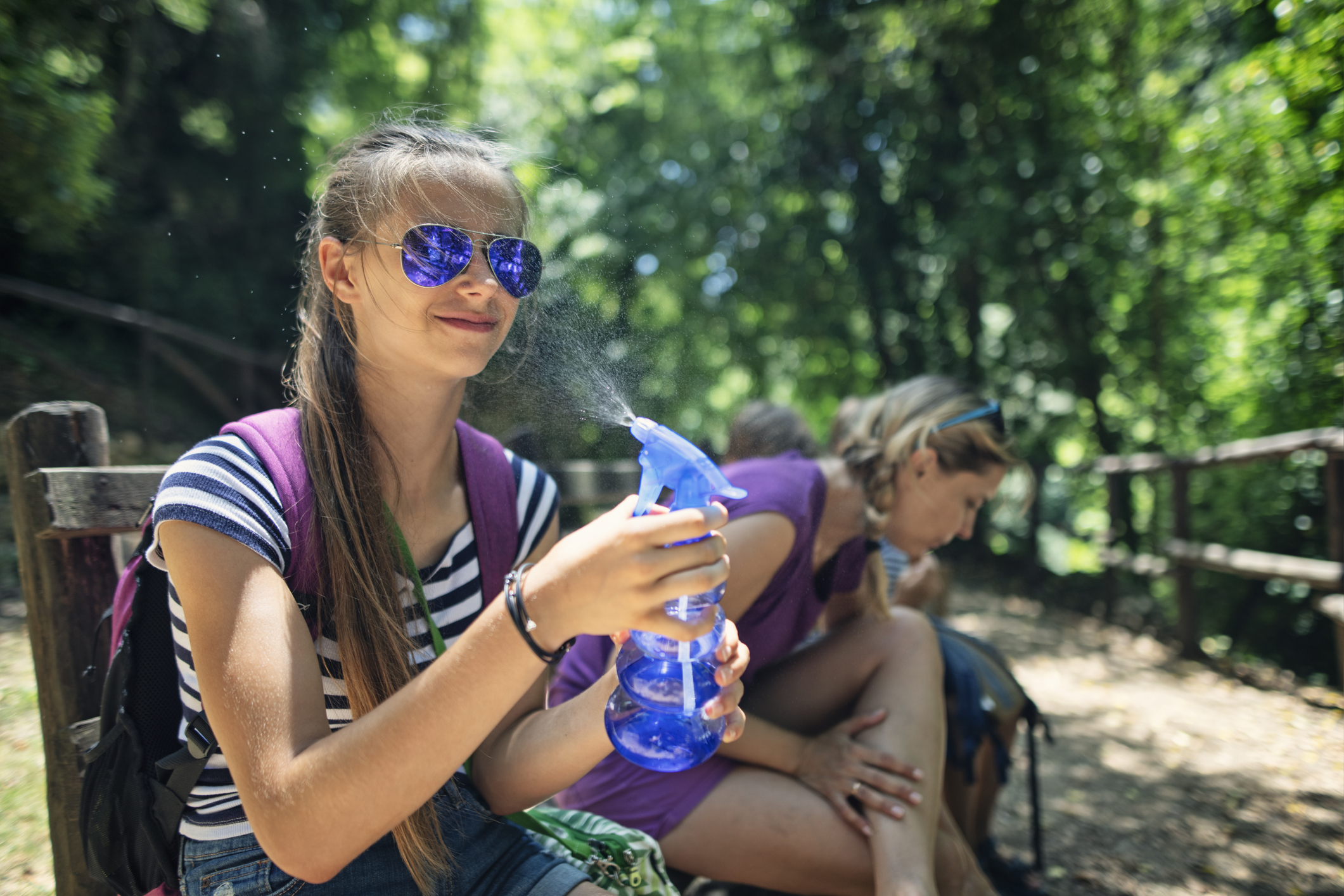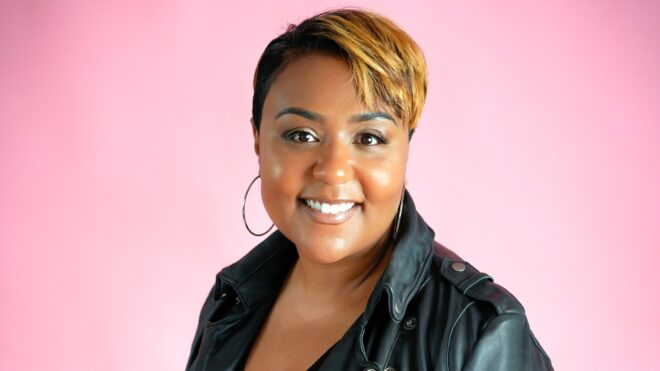
Over 6 million children between the ages of 3 and 17 have been diagnosed with ADHD, according to Centers for Disease Control and Prevention, with 2.4 million of them between the ages of 6 and 11. That’s a lot of families that need to make extra preparations for their kids during the summer months. Parents of a child with ADHD can help their child thrive this summer by anticipating challenges, easing into the transition, and setting a schedule. LittleThings spoke with Colleen O’Grady, MA, LPC, author of Dial Down the Drama and Dial Up the Dream for tips.
More from LittleThings: Boredom Isn’t Fun But Here’s Why I’m Making My Kid Spend Time Being Bored Anyway
“Transitions are hard for kids with ADHD,” says O’Grady. “The transition from school to summer is difficult because there is a lack of structure. The structure is still needed even if your kids are not in the classroom and there are no assignments to be done. Some of the issues that can arise are kids becoming obstinate when asked to do simple chores like loading the dishwasher. Kids and teens with ADHD can hyperfocus on gaming, social media, and TV all day long. And when you tell them to get off the screens, they can go ballistic. Without structure, they can lack the motivation to do anything.”

The older your child, the more issues you might encounter. “Without structure, the ADHD teen can stay up later and later till they get their night and days mixed up,” says O’Grady. “Also, because of their impulsivity, they can binge on junk food and sugar. These issues do not make for a relaxing summer for parents. They can cause drama in the home. Parents can find themselves in a constant battle over sleep, junk food, screens, messy rooms, attitudes and defiance.”

Preparation may be key to decreasing some of these situations. “These issues typically happen because the parents haven’t prepared their kids and teens beforehand,” says O’Grady. “Ideally, before school is out you would have a conversation with your kids about their expectations for the summer and what your expectations are for the summer. As you know, parents and kids have very different expectations. And this is the time to deal with these differences. Kids don’t want to do anything in the summer. They would be happy to lay around and game or be on social media all day long. They don’t want to be told what to do. This is the time to shape some of their expectations. ‘Yes, you don’t have to get up at 7 a.m. but I would like you up by 9 a.m.’ ‘Yes, you will be able to do your gaming after you get your chores done.’ ‘Yes, you can stay up a little later, but I want the lights out at midnight.’ Out of this conversation, you begin to create a structure for your younger kids or co-create a structure with your teens.”

Viewing things from your child’s point of view may be helpful. “A child or teen with ADHD has difficulty with focus and attention and often forgets things,” says O’Grady. “This is because there are 12 thoughts flying through their brains at the same time, like 12 balls in the air. A routine is a way to bring order to the thoughts and help them become sequential so they can focus on one thing at a time. This helps the child stay on track, making it easier to accomplish daily tasks.”
O’Grady says that discussing schedule changes and keeping track what’s coming on a white board or the refrigerator can also be helpful. She also suggests that parents, “keep repeating the conversation and asking them how they can prepare and remember.”

Another tip O’Grady shares is about the balance activities with downtime. “The gift of summer is being able to slow down the pace of the busy school year. So, let’s say the school year pace is at a 10 for being busy, and you want to slow down the pace to at least to 7. But you don’t want to go from 10 to 0. You want to have some space in the routine, some downtime. The unfortunate thing is that today, downtime has become synonymous for screens. I would suggest that only part of downtime is screens, and the other part of downtime is doing anything else in the real world. And yes, your ADHD kid will complain, but if they get bored enough they just might pick up the dusty guitar in the corner of the room.”
O’Grady breaks down fun summer activities for children with ADHD by age group:
Elementary to middle school:

“If your child is in middle school or younger, summer camps are a great way to go,” says O’Grady. “They are great for ADHD kids because they are structured, they have a routine, and they are active. Many kids who have ADHD have hyperactivity, so camps provide outside outlets for adventure and lots of movement.”
Besides camps, there are many other things you can do based on your child’s interest.
“They can join a swim team and get daily swimming lessons,” says O’Grady. “If they love sports, you can get them in golf lessons, basketball workshops, or soccer workshops. They can take cooking lessons or art classes. Summer may be a good time to improve a skill or learn something new, like playing an instrument like drums or bass.”
Teenagers:

“Teens can get a summer job,” says O’Grady. “The best job is one that keeps them engaged and holds their interest. Working in a retail store is a great way to practice interacting with different types of people, and dealing with difficult customers or managers. This is a wonderful opportunity to work on coping skills and managing impulses. Also, high school juniors and seniors can find internships in professions they are interested in.”

“Having your kids home all summer is especially hard on moms,” says O’Grady. “You need to also take care of yourself and even indulge yourself in order to stay positive. When you are genuinely rested and feeling positive, you have the energy to be generous and spontaneous with your kids. And they will love that.”







